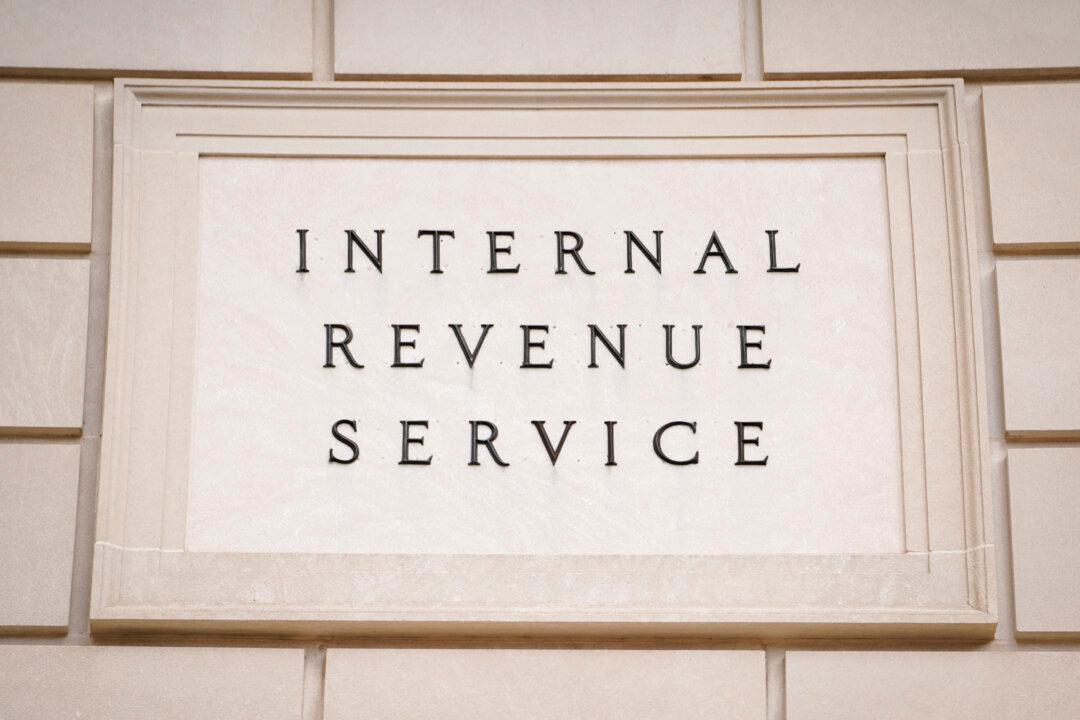The IRS published a list of warning signs for businesses to help them identify whether they are eligible to claim a pandemic-era employee credit program.
The Employee Retention Credit (ERC) was instituted during the COVID-19 pandemic to encourage small businesses to retain their employees on payroll. It offered a refundable tax credit for entities that paid employees while shut down due to lockdowns and other restrictions.





